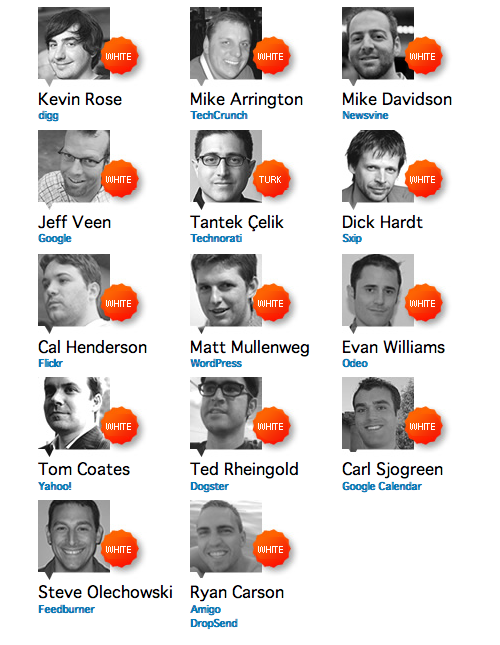Podcasting Needs Podcasters Who Can Sell the Benefits
I haven’t visited Bill Sweetman’s blog in a few weeks, so I was pleased when he forwarded me a link to a post he wrote about podcasting being the new plastic.
Bill writes that if you’re podcasting and you’re skilled at it, you’ll be in hot demand for the next few months. In particular, he writes:
The signs are all there; we are at the beginning of a podcasting boom, and anyone with demonstrated experience in this area is going to be in high demand over the next 12-24 months.
I agree 100%. My business is growing and I’m already having a hard time finding people to help me with the workload. I need Media Producers, Interviewers, Graphic Designers, and anyone who can learn audio production techniques really quickly.
Now, there’s no shortage of talent out there. I mean, if you have a computer and a fast Internet connection, you can hire out your voice, your recording studio or audio editing skills for a small fee. Many people are starting to understand that you can transfer your existing skills and make a few extra bucks in podcasting just by hiring yourself out.
However, the skilled labour shortage in the podcasting field will continue because too many who understand how to do it focus on the features. What do I mean? Here’s just a few (and the responses I sometimes hear):
“You don’t need an iPod to listen to a podcast.” (what’s an iPod?)
“It’s like internet radio, but it’s syndicated.” (who cares? I don’t listen to the radio anyways.)
“It’s like on-demand content.” (so’s TIVO.)
While at Podcamp, I met many smart people who are podcasting for fun and for profit. However, it became clear to me why some are making money helping others podcasts and why others sit back and are envious at those who are making money helping others podcast.
It comes down to how well you can sell yourself.
These same individuals, who are really great at putting a podcast together, are way too wrapped up in the technical wizardy of the latest perl script or XML hack. Instead, you need to tell people why they should even be bothered with podcasting in the first place.
For example, if I go to a furniture store and I’m looking at a black chair, the salesperson will lose the sale if he tells me that the chair is…well…black. Instead, he should tell me that:
- The chair will be a breeze to clean because scuff marks won’t show.
- The plushness of the chair is made from a hypo-allergenic material that keeps dust out.
- The chair is so soft it’ll put me to sleep in a matter of seconds.
Get it? Answer the prospect’s question, “What’s in it for me?” and you’ll get a ton of sales. Then they’ll no longer be a shortage.
And if you find that you still “geek out” whenever you talk about podcasting, find someone who you think sells well, partner with them and you just take care of the production angles as he or she keeps the projects rolling in.
This is such a no-brainer.
Technorati: podcasting
 Gotta love
Gotta love  This issue just keeps popping up, so now, I’m forced to blog about this. See the image above? It’s a picture of all the speakers at the
This issue just keeps popping up, so now, I’m forced to blog about this. See the image above? It’s a picture of all the speakers at the